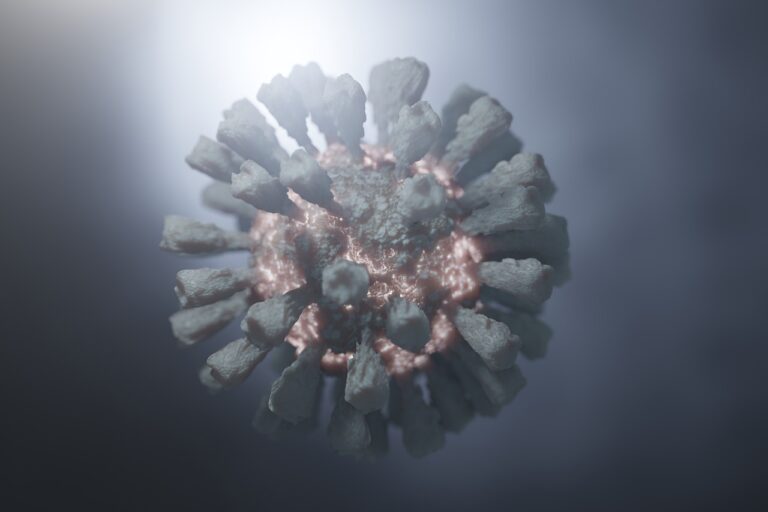Audiology Solutions for Hearing Loss from Acoustic Trauma
11xplay online id, diamondexch9 login, sky exchange registration:When it comes to hearing loss caused by acoustic trauma, it can be a challenging and frustrating experience. Whether the trauma was due to a loud explosion, gunfire, or even a concert, the impact on one’s hearing can be significant. Luckily, there are audiology solutions available to help manage and potentially improve hearing loss from acoustic trauma.
Understanding Acoustic Trauma
Acoustic trauma refers to damage to the hearing mechanisms in the inner ear due to exposure to loud noises. This exposure can cause permanent damage, leading to hearing loss, tinnitus (ringing in the ears), and other related issues. Acoustic trauma often occurs suddenly and unexpectedly, leaving individuals feeling overwhelmed and unsure of what to do next.
Seeking Help from an Audiologist
If you have experienced hearing loss from acoustic trauma, the first step is to seek help from an audiologist. Audiologists are healthcare professionals trained to evaluate, diagnose, and treat hearing problems. They can assess the extent of your hearing loss, recommend appropriate treatments, and provide ongoing support to help you manage your condition.
Hearing Aid Solutions
One of the most common audiology solutions for hearing loss from acoustic trauma is the use of hearing aids. Hearing aids are small electronic devices that can amplify sounds and help individuals hear more clearly. There are various types of hearing aids available, including behind-the-ear, in-the-ear, and completely-in-the-canal models. Your audiologist can help you select the best hearing aid for your specific needs and preferences.
Cochlear Implants
For individuals with severe hearing loss or profound deafness due to acoustic trauma, cochlear implants may be a suitable solution. Cochlear implants are surgically implanted devices that bypass the damaged parts of the inner ear and directly stimulate the auditory nerve. This can provide significant improvement in hearing and communication abilities for those who are eligible for this type of treatment.
Tinnitus Management
In addition to hearing loss, many individuals who have experienced acoustic trauma also suffer from tinnitus. Tinnitus is the perception of ringing or buzzing sounds in the ears, which can be debilitating for some individuals. Audiologists can provide various treatment options for managing tinnitus, such as sound therapy, counseling, and relaxation techniques to help you cope with this persistent condition.
Custom Hearing Protection
Prevention is key when it comes to protecting your hearing from further damage. If you work in a noisy environment or enjoy participating in loud recreational activities, custom hearing protection can help safeguard your hearing from future acoustic trauma. Audiologists can create personalized earplugs or earmolds that fit your ears perfectly, providing effective protection without compromising comfort or communication.
Follow-Up Care and Support
Managing hearing loss from acoustic trauma is a lifelong journey that requires ongoing care and support. Regular follow-up appointments with your audiologist are essential to monitor your hearing health, make any necessary adjustments to your treatment plan, and ensure that you are receiving the best possible care. Your audiologist can also provide guidance on communication strategies, hearing aid maintenance, and other helpful tips to navigate life with hearing loss.
In conclusion, hearing loss from acoustic trauma can be a challenging condition to live with, but there are audiology solutions available to help you manage and improve your hearing. By seeking help from an audiologist, exploring treatment options such as hearing aids and cochlear implants, and practicing tinnitus management techniques, you can take control of your hearing health and continue to enjoy the sounds of life around you.
FAQs:
Q: How can I prevent hearing loss from acoustic trauma?
A: To prevent hearing loss from acoustic trauma, it’s essential to avoid exposure to loud noises whenever possible. If you must be in a noisy environment, wear ear protection such as earplugs or earmuffs to help reduce the risk of damage to your hearing.
Q: Can hearing aids completely restore my hearing?
A: While hearing aids can significantly improve your ability to hear and communicate, they may not fully restore your hearing to its previous level. However, with proper fitting and adjustments, hearing aids can help you navigate daily life with greater ease and confidence.
Q: Are cochlear implants a permanent solution for hearing loss?
A: Cochlear implants are considered a long-term solution for individuals with severe hearing loss or profound deafness. While they can provide significant improvement in hearing abilities, ongoing follow-up care with your audiologist is essential to ensure that your cochlear implant is functioning optimally.







